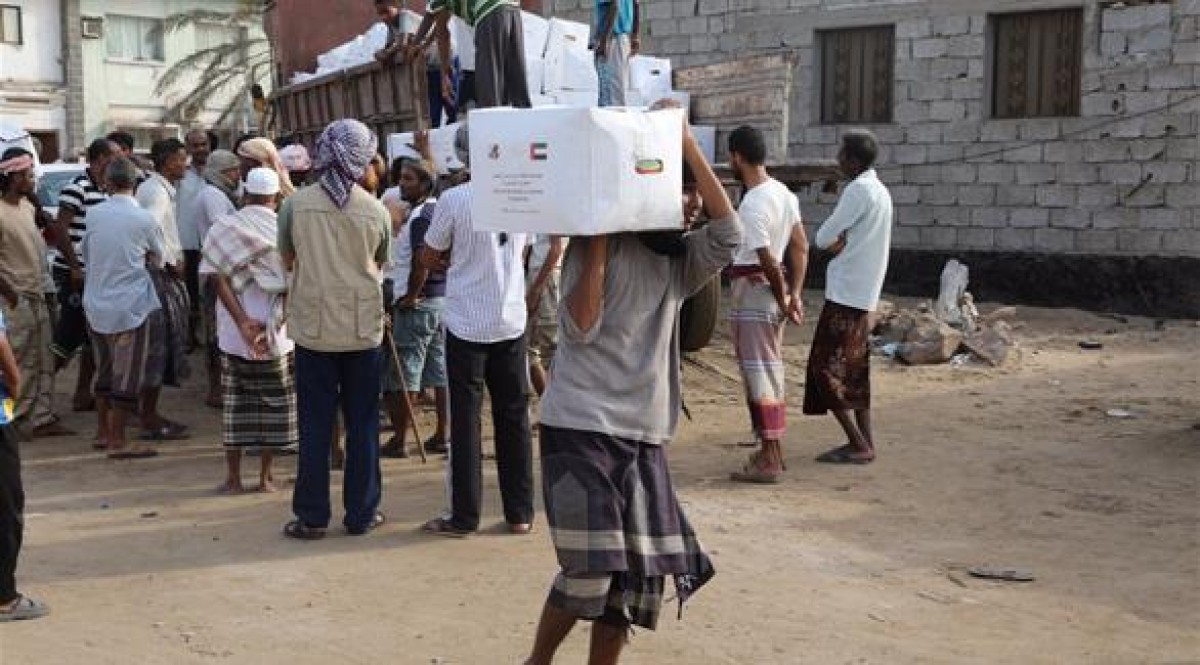A study that reveals the strategies of Yemeni families to counter the interruption of food aid


The Center for the Development of Human Information revealed in a recent study about the procedures that Yemeni families resort to securing their basic needs in the event that they do not obtain food aid for 30 days. The study highlighted the size of the economic and living challenges facing families, highlighting the adjustment strategies that individuals adopt in the shadow of Various crises.
The results of the study highlighted the reduction of the number of meals: 35.3% of the participants reported that they resort to reducing the number of daily meals, which reflects families ’dependence on reducing food consumption to counter the lack of resources.
Searching for additional sources of income: 23.5% of the participants stated that they are trying to secure their needs through temporary work despite the lack of opportunities due to the deteriorating economic situation.
Selling assets and property: 21.6% indicated that they had to sell home property such as furniture or devices in a clear indication of the sharp economic impact that causes families to sacrifice their property in order to secure food.
Dependence on savings: 13.7% of the participants explained that they may resort to their personal savings, which reflects the limited financial resources of the majority of families.
Resorting to begging: In a disturbing indication, the study showed that 4% of families may have to seek help from strangers, revealing the arrival of some families to the stage of extreme poverty and the loss of any source of income or support.
The study warned of the risk of high begging, noting that it may lead to serious social repercussions, such as the exploitation of the most vulnerable groups, especially women and children.
The study emphasized that these results reflect the cruel reality experienced by Yemeni families, as the ongoing crises lead individuals to make fateful decisions to secure their livelihood. Experts also warned that relying on strategies such as reducing meals and selling property may negatively affect public health and economic stability for families in the long term, stressing the need for the concerned authorities and humanitarian organizations to intervene urgently to reduce the exacerbation of the crisis.